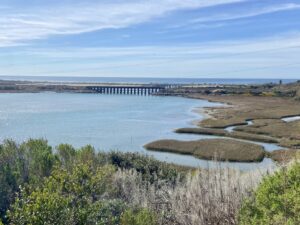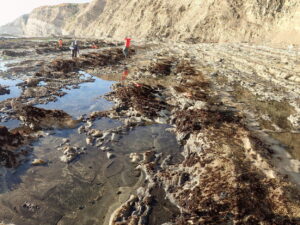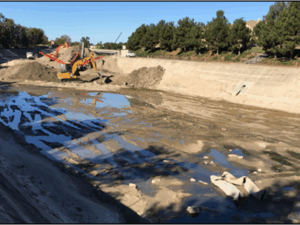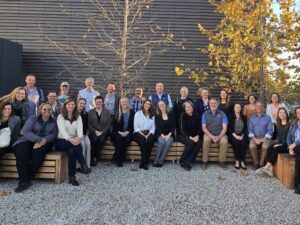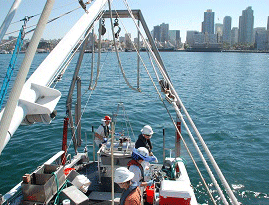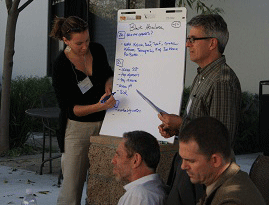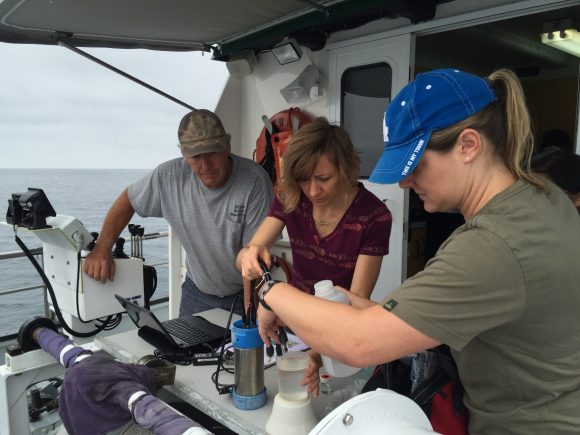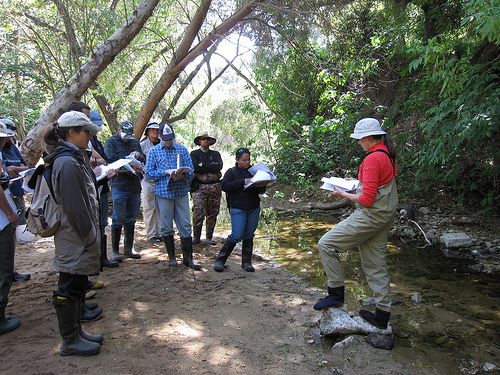SCCWRP is a regional aquatic science research agency with national impact. Learn more about the agency’s broad research portfolio and how it shapes development of informed water-quality management strategy. More »
-
Ocean Acidification and Hypoxia
Researchers are documenting how corrosive coastal ocean conditions and low dissolved oxygen levels threaten the health of marine food webs.
-
Bioanalytical Cell Screening Assays
Researchers are investigating how to adapt cell bioassays as a cost-effective screening tool to improve monitoring of bioactive chemical contaminants in aquatic systems.
-
Harmful Algal Blooms
SCCWRP and its research partners are examining how to mitigate the proliferation of ecologically disruptive blooms in aquatic systems that threaten the health of wildlife and humans.
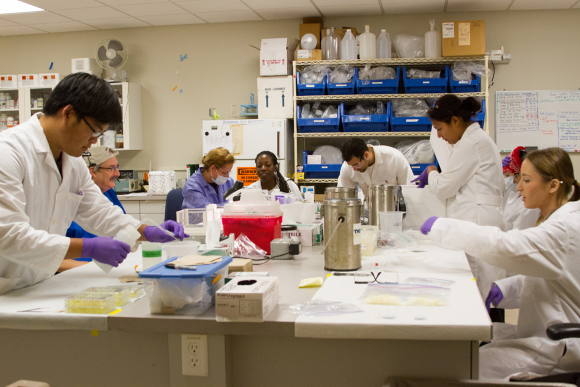
The Southern California Coastal Water Research Project (SCCWRP) is an aquatic sciences research institute that works to improve management of aquatic systems in Southern California and beyond. Since its founding as an intergovernmental public agency in 1969, SCCWRP has been developing strategies, tools and technologies that the region’s water-quality management community relies on to more effectively protect and enhance the ecological health of Southern California’s coastal ocean and watersheds that drain to it. As an R&D agency, SCCWRP’s reputation is built on conducting research and translating this science into actionable guidance and recommendations that inform management decision-making and policy development.
Regional monitoring program approved for coastal wetlands
Effort launched to expand DNA reference libraries for intertidal habitats
Study probing influence of habitat restoration on biological health of engineered channels
Short-term strategies identified for controlling HABs in California coastal waters
March 7, 2025
SCCWRP Commission meeting
March 12, 2026
Advancing environmental DNA for management applications
Management Impact
SCCWRP focuses on building a rigorous scientific foundation to inform management decision-making. Explore the organization’s most influential, impactful accomplishments of the past 50 years. More »
Scientific Publications
SCCWRP has collaborated with nearly 200 organizations on peer-reviewed journal articles in recent years. Explore the institutional affiliations of all of SCCWRP’s recent co-authors. More »
Scientific Leadership
SCCWRP scientific staff hold more than 100 leadership roles with professional scientific societies, advisory committees and peer-reviewed journals. Learn more about how SCCWRP engages with the broader scientific community. More »
